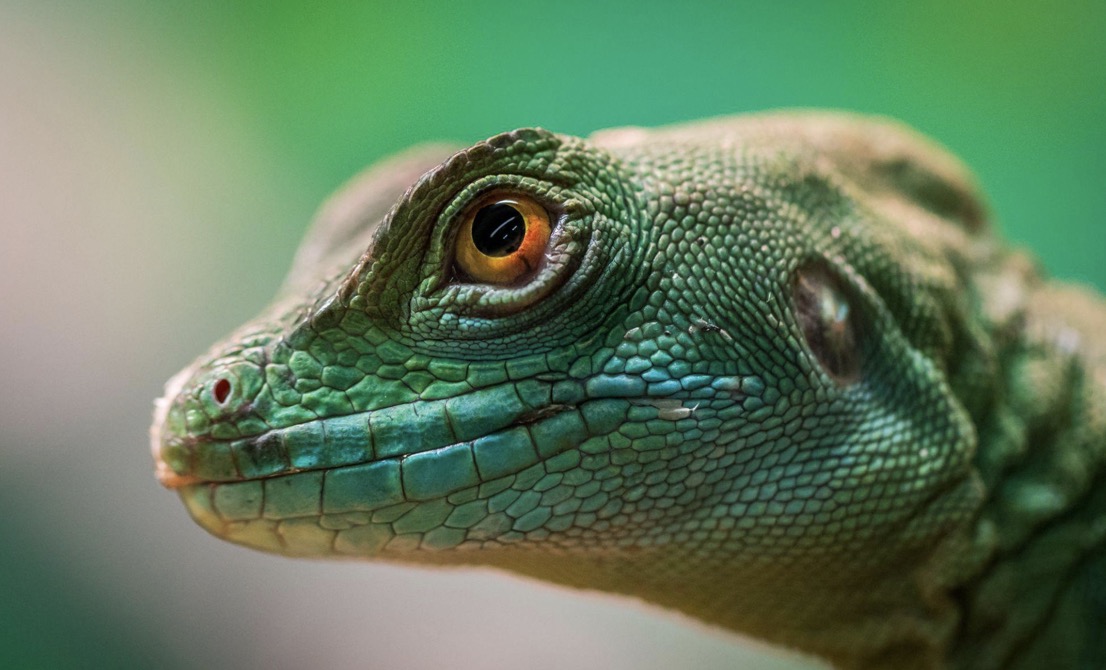Traditional pets, such as large dogs, might be difficult to keep in compact Boston houses. Instead, having a reptile has grown into a popular option for city dwellers who lack room but yet want the company of a pet.
Many reptiles are surprisingly gregarious and enjoy human attention, making them ideal family pets.
Nevertheless, before rushing to an animal shelter or pet store, do your homework on the criteria of reptile ownership. Here are seven tips for owning a reptile as your first pet.
Reader's Roadmap
1. Consider Those Living Under Your Roof
While most people like having reptiles as pets, those who are vulnerable to diseases are at risk. Anyone with HIV/AIDS or certain autoimmune disorders should carefully assess the hazards, conduct extensive studies, and consult their doctors before acquiring or adopting a reptile.
This is due to the fact that reptiles can carry salmonella. Because of this risk, the Centers for Disease Control (CDC) recommends that all people in the home be over the age of 5.
This guarantees that everyone is grown enough to wash their hands after handling animals, cooking meals, or performing other domestic tasks.
2. Choose the Right Reptile For You
There are thousands of reptiles available as pets. After doing the necessary research, we recommend choosing a leopard gecko or a bearded dragon as a first-time reptile owner if you are interested in lizards because they are calm and social.
These species appreciate human companionship and have little care requirements. Ball pythons and corn snakes are excellent choices for a first snake because they are relatively easy to care for and are friendly when given adequate attention.
Greek and Russian tortoises are excellent candidates for turtles, although they require significantly more care than the reptiles and snakes indicated above.
3. Do Extensive Research on Reptile Management
You should not adopt Reptiles on the spur of the moment, especially if you are a first-time reptile owner.
All require the same level of care; however, some species have quite specialized requirements, so make sure you understand what you’re getting into. Reptiles should be kept in a well-lit enclosure, preferably with access to sunshine and a UVB lamp.
Provide a nutritious feed for the animal that includes calcium and other vitamins reptiles require for survival. For example, you might feed them medium-sized Dubia Roaches, crickets, and other live insects or worms.
4. Ensure You Plan Out Continual Care
Make careful to budget for the animal’s continuing care and expenses. This is especially true if you are a grownup purchasing a reptile for a child.
Reptiles appear to be a terrific present or first pet in many circumstances but are eventually neglected or returned due to costs and a lack of time. Reptiles require regular feeding, socialization, and handling. Their cages must stay clean, and they require a human connection to be good pets.
5. Take the Reptile to the Vet Regularly
Frequent veterinary care is an essential part of being a responsible reptile owner. Many reptiles are predisposed to certain health problems, and regular health checks with a veterinarian who specializes in reptile care may help identify and address any possible health issues before they become serious.
Reptiles may require frequent testing for parasites or other health issues, as well as normal vaccines and regular check-ups.
A veterinarian may also advise you on proper feeding and care for your reptile, as well as environmental and housing needs. Selecting a veterinarian that has worked with reptiles before is critical, as their care requirements can differ significantly from those of regular pets.
Everyone is happier when their pet is healthy. While it may appear that reptiles do not require as frequent veterinary care as dogs or cats, it is strongly recommended that all pet reptiles have an annual checkup. This ensures your pet’s vigor and happiness for many years to come.
6. Legal Obligations
Owning a reptile as a pet is allowed in most countries, but it is necessary to be aware of any legal duties that may apply. Depending on the reptile species you intend to possess, you may require permits or licenses to adopt the animal legally.
Certain reptiles remain protected under wildlife laws, which means that possessing them without the necessary licenses might result in penalties or legal ramifications.
Furthermore, some cities or municipalities may have particular legislation regarding the ownership of reptiles, such as dwelling requirements or species limits.
Before introducing a reptile into your home, it is critical to investigate and understand the legal requirements in your location. All native reptiles are legally protected. Therefore, you’ll need to find out what kind of license you’ll need to maintain a reptile in your territory or state if required.
Every state has a distinct reptile licensing system, and the species accessible to keepers varies greatly. Make sure you find out what licenses are required in your state and the cost and application process. Also, make sure to purchase your reptile from reputed sources.
7. Research
If you’re interested in reptiles, owning one as a pet can be a delightful experience. To ensure a successful experience, consider things like species, expenses, time commitment, habitat preparation, and credible sources.
With such a diverse range of reptiles accessible to owners, it is critical to research your selected species. Several quality reptile publications and booklets are available, and they are an excellent source of dependable and detailed information. Communicating with experienced reptile keepers is also a great method to learn from those who have firsthand knowledge.
Conclusion:
Now that you know the tips to own your first reptile pet, do not hesitate to buy a reptile you like. If you can own and care for a reptile throughout its lifespan, only then you should get a pet reptile. Do your research and make sure you and the animal you choose are suitable for each other.







Leave a Reply
View Comments